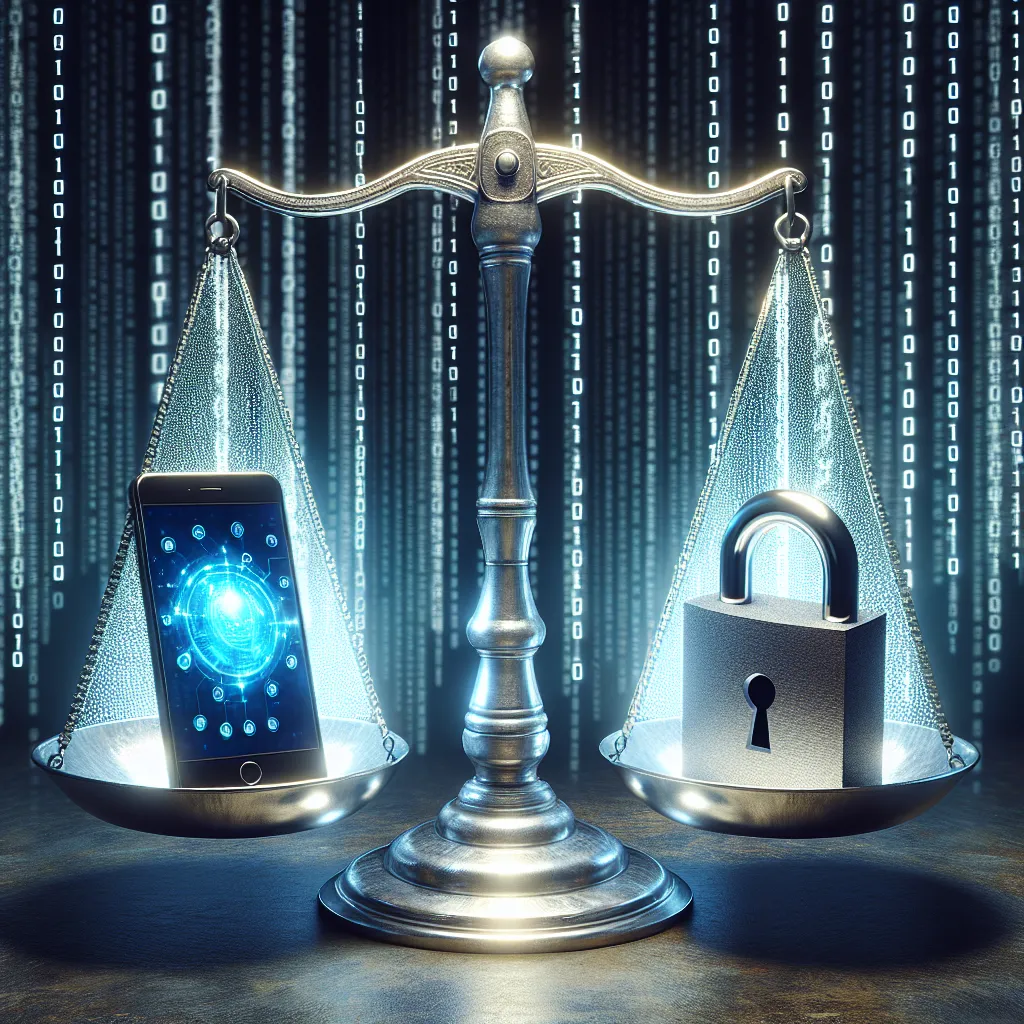The intersection of digital technology and privacy has become a hot topic in recent years, reflecting its growing importance in our increasingly connected world. As an IELTS Writing Task 2 examiner, I’ve noticed a surge in questions related to this theme. Based on my analysis of past exams and current trends, I predict that “digital technology and privacy” will continue to be a frequent subject in future IELTS tests. Let’s explore some real and potential exam questions on this topic.
Analyzing the Task
For this guide, we’ll focus on the following question, which closely resembles those seen in recent IELTS exams:
Some people believe that the widespread use of digital technology has led to a significant loss of privacy. To what extent do you agree or disagree with this statement?
This question falls under the “agree or disagree” category of IELTS Writing Task 2. It requires you to present your opinion on whether digital technology has indeed caused a major reduction in privacy. Let’s break down the key elements:
- Topic: The relationship between digital technology and privacy
- Focus: The extent of privacy loss due to digital technology
- Task: Express your agreement or disagreement with the statement
Sample Essay
Here’s a model answer that demonstrates how to approach this question effectively:
In today’s digital age, the pervasive use of technology has revolutionized the way we live, work, and communicate. However, this technological advancement has sparked a heated debate about its impact on personal privacy. While some argue that digital technology has significantly eroded our privacy, I partially agree with this statement, as I believe the reality is more nuanced.
On the one hand, it is undeniable that digital technology has made it easier for various entities to access and collect personal information. Social media platforms, for instance, have become treasure troves of personal data, with users willingly sharing details about their lives, preferences, and social connections. Moreover, the increasing use of smart devices and Internet of Things (IoT) technologies means that our activities are constantly being monitored and recorded. From our online shopping habits to our physical movements tracked by GPS-enabled devices, a vast amount of data is being generated and potentially exploited by companies and governments alike.
However, it would be overly simplistic to claim that digital technology has solely led to a loss of privacy. In fact, technology has also provided us with tools to protect our personal information better. Encryption technologies, virtual private networks (VPNs), and privacy-focused software have empowered individuals to safeguard their data more effectively than ever before. Furthermore, increased awareness about digital privacy has led to the implementation of stricter regulations, such as the General Data Protection Regulation (GDPR) in Europe, which aims to give individuals more control over their personal data.
That being said, the extent to which privacy is compromised largely depends on individual choices and awareness. Many people voluntarily trade their privacy for convenience or social connectivity, often without fully understanding the implications. Education plays a crucial role in helping individuals make informed decisions about their digital footprint and take necessary precautions to protect their privacy.
In conclusion, while digital technology has undoubtedly posed challenges to personal privacy, it has also provided means for its protection. The key lies in striking a balance between leveraging the benefits of technology and safeguarding our personal information. As technology continues to evolve, it is crucial for individuals, organizations, and governments to work together in developing and implementing robust privacy protection measures.
(Word count: 345)

Writing Tips for This Topic
When tackling an IELTS Writing Task 2 essay on digital technology and privacy, keep these points in mind:
- Balanced approach: Present both positive and negative aspects of digital technology’s impact on privacy.
- Specific examples: Use concrete examples to support your arguments, such as social media platforms, IoT devices, or privacy protection tools.
- Relevant vocabulary: Incorporate topic-specific terms like “data protection,” “encryption,” or “digital footprint.”
- Coherent structure: Organize your essay with clear paragraphs, each focusing on a single main idea.
- Personal opinion: Clearly state your stance on the issue, but acknowledge the complexity of the topic.
Key Vocabulary to Remember
Here are some essential terms to enhance your essay on digital technology and privacy:
- Data breach (noun, /ˈdeɪtə briːtʃ/): An incident where confidential information is accessed without authorization.
- Cybersecurity (noun, /ˌsaɪbəsɪˈkjʊərəti/): The practice of protecting systems, networks, and programs from digital attacks.
- Surveillance (noun, /səˈveɪləns/): The close observation of a person, group, or activity, especially by an organization.
- Anonymity (noun, /ˌænəˈnɪməti/): The state of being anonymous or unidentifiable.
- Encryption (noun, /ɪnˈkrɪpʃn/): The process of encoding information to prevent unauthorized access.
- Digital footprint (noun, /ˈdɪdʒɪtl ˈfʊtprɪnt/): The information about a person that exists on the Internet as a result of their online activity.
- Data mining (noun, /ˈdeɪtə ˌmaɪnɪŋ/): The practice of examining large databases to generate new information.
Conclusion
The topic of digital technology and privacy is likely to remain relevant in future IELTS exams. To prepare effectively, practice writing essays on related themes such as:
- The role of government in regulating digital privacy
- The impact of social media on personal privacy
- Balancing convenience and privacy in the digital age
- The ethics of data collection by tech companies
Remember to stay informed about current events and developments in digital technology and privacy to enrich your essays with up-to-date examples and insights.
For more information on improving your IELTS Writing skills, check out our guide on how to achieve band 8 in the IELTS Speaking test, which offers valuable tips that can also be applied to your writing. Additionally, explore our article on how to reduce your digital footprint for practical advice on maintaining privacy in the digital world.